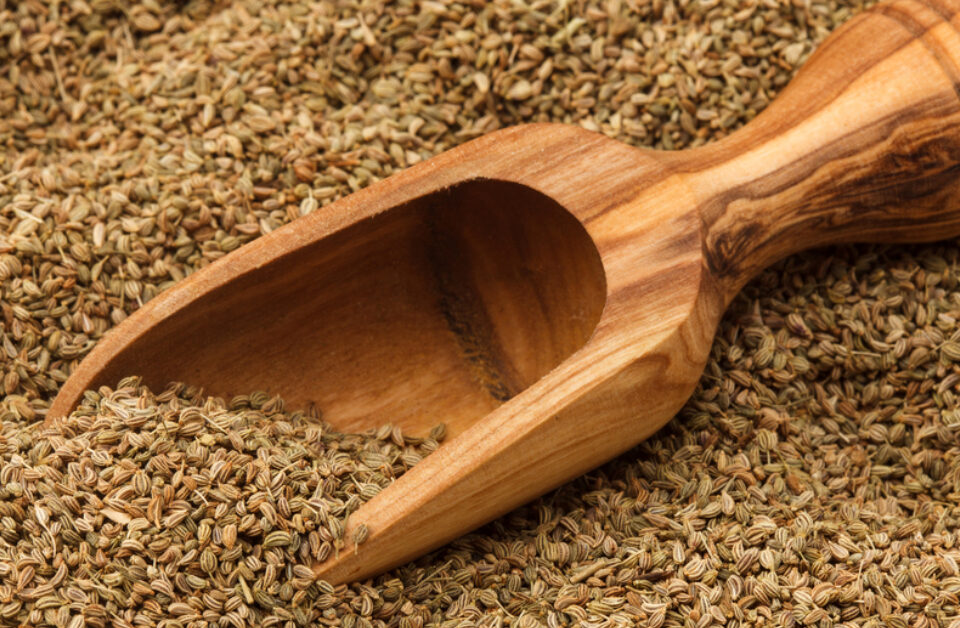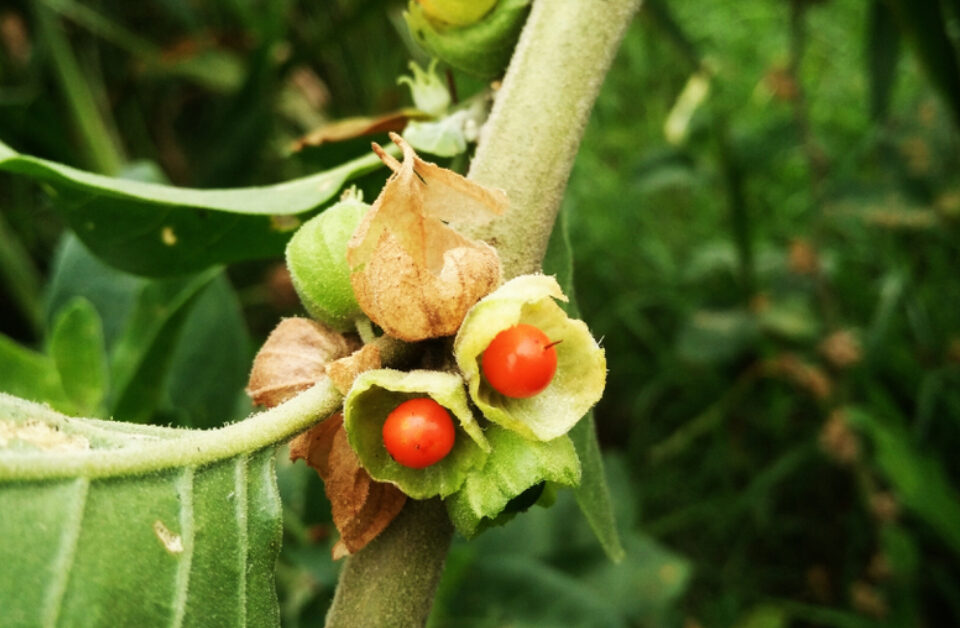- Use Coupen Code " 9GU8HMW3 " to get 10% Discount on your purchase!!
Cumin Health Benefits

Ashwagandha Health Benefits
February 22, 2023
Ajwain Health Benefits
February 22, 2023
Cumin has been a part of the human diet for thousands of years. It’s grown in the Middle East, Mediterranean, India, and China. Today, most cumin sold in the United States originally comes from India.
People across the world use cumin as a seasoning in food and extract its oil for perfumes. It’s also a popular remedy in traditional medicine—and for good reason. Cumin packs a lot of health benefits into a few tiny seeds.
Research has shown that cumin may help kill some bacteria that can get into your body and make you sick. In the lab, cumin has been shown to limit the growth of microorganisms, including E. coli—a bacteria that can cause food poisoning. Its antibacterial properties might explain why people have traditionally used cumin as a preservative.
For generations, people have used cumin to treat conditions ranging from indigestion and diarrhea to headaches. People in India have used it to treat kidney and bladder stones, eye disease, and even leprosy.
Now, scientific research is finding evidence that backs up many of these traditional uses.



